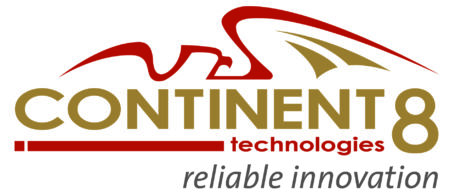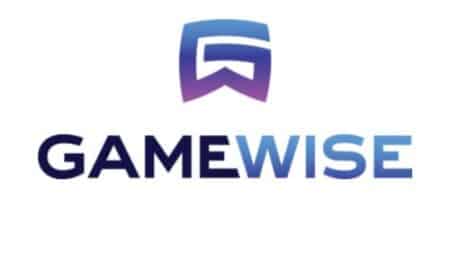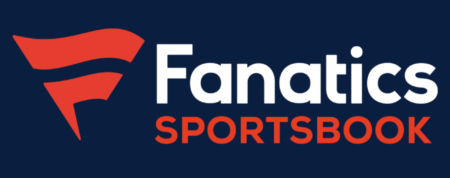Model Legislation
For lawmakers looking to implement online gaming or sports betting in their state, iDEA provides model legislation
As support for expansion of online interactive entertainment is growing rapidly in the United States, iDEA advocates to grow jobs and boost revenue in states where legislation is imminent. iDEA members regularly meet with key legislators, head regulators, and members of the executive branch in states to advise on practical solutions and a roadmap to a more successful legislative process for online gaming.
To that end, iDEA has developed model legislation to serve as a guide for state lawmakers looking to implement online gaming in their state. The model bill is based on key learnings and provides best practices for states, particularly on how to replicate the outcomes and success of New Jersey and Pennsylvania.
A summary of the model legislation is as follows:
Section I defines online gaming as “interactive gaming” and includes all entities, types of accounts and agreements and levels of licensing and permitting.
Section II outlines the licensing process and fees for gaming entities, leaving discretion to the regulatory body for details that will vary per jurisdiction.
Section III addresses the conduct for various gaming operators. There are instructions to balance the need to provide a simple account setup process for customers, with the need to ensure robust “Know Your Customer” protections to successfully track all account funding and gaming transactions to ensure a secure experience.
Section IV addresses authority of the appropriate regulatory body.
Section V covers tax and revenue. We’ve proposed a 10% tax rate based on experiences in other jurisdictions, as this rate allowsf or greater marketing spend that will lead to more tax revenue for the states
Online Gaming Nation!
See U.S. online gaming and sports betting bills by state and which ones include mobile provisions.
























